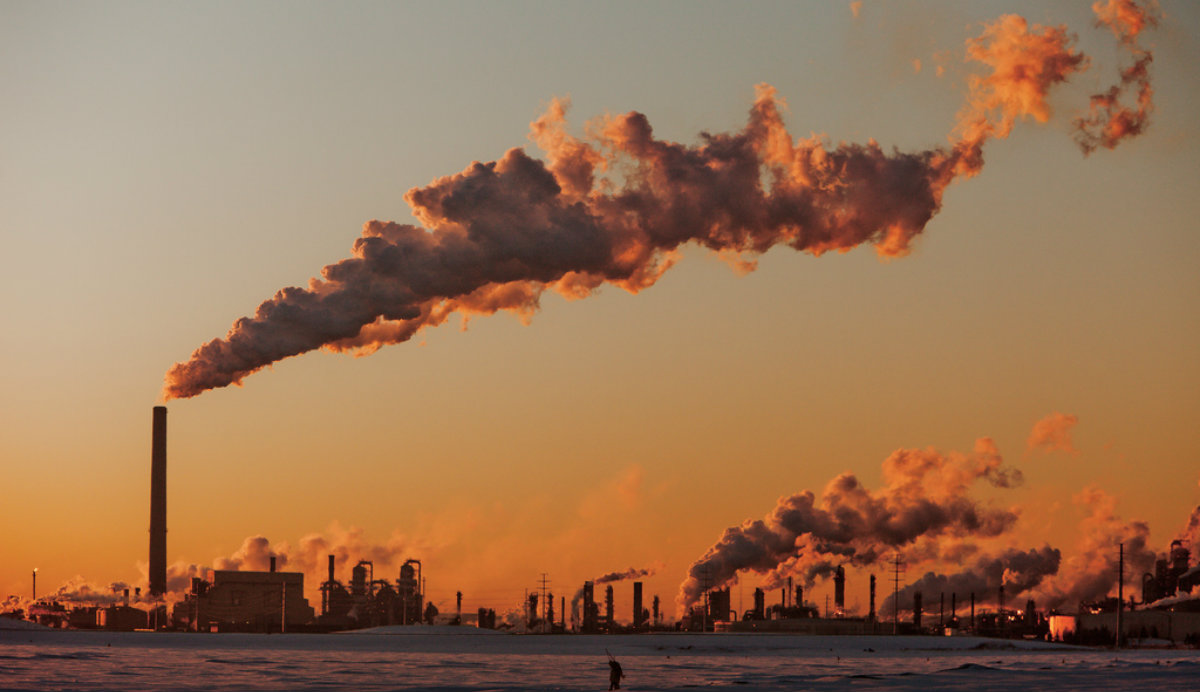Globalisation, the demise of the state and rising stakeholder expectations have resulted in the proliferation of a self-regulatory approach to managing corporate environmental impacts. Self-regulation is now a major feature of environmental protection and is largely synonymous with the management of corporate environmental responsibility. In this piece, Kostas Iatridis questions the wide belief that environmental self-regulation represents an effective means of addressing environmental challenges, and suggests this can be achieved only through a collaboration between public and private bodies.
The rise of self-regulation
The prevalence of neo-liberal economic views in running the economy, along with the transformation of our world into a global village, have promoted environmental self-regulation as an effective means of dealing with increasing environmental challenges. State regulation has been criticised as ineffective, non-flexible and costly. Instead, voluntary action has been used to advocate a market-fundamentalism that puts the workings of the market first. Environmental laws and institutions are expected to conform to the laws of the market in order not to restrain trade and economic profitability.
This shift towards market autonomy has resulted in new, prosperous markets. This in turn has facilitated the proliferation of voluntary self-regulatory tools for environmental protection (e.g. ISO 14001 and EMAS). Such tools have been endorsed by armies of consultants, policy makers, and auditors as a panacea to harmful environmental practice. Governments too have supported self-regulatory approaches as a means of facilitating corporate responsibility and some have even declared their incapacity in dealing with environmental issues.
Following the wide endorsement of self-regulatory tools, one might expect to find a positive relationship between their adoption and improvements in corporate environmental performance. Yet, studies have questioned the effectiveness of environmental self-regulation by suggesting that its adopters might not necessarily perform better than non-adopters. Critics highlight the commercial relationships formed between self-regulating firms and external auditors, as well as a lack of knowledge amongst auditors, as particularly problematic. They take the view that due to these issues, auditing mechanisms might not always be as robust as they should be, enabling firms to behave opportunistically and in their own interests.
Furthermore, the tendency of earlier studies to focus on firms’ motives for adopting such self-regulatory approaches, along with a belief that environmental certification is synonymous with improvements in environmental performance, have offered limited views on the real potential of self-regulation to reduce environmental impact.
Does self-regulation mean better environmental performance?
It is only recently that discussions have moved towards the effectiveness of self-regulation in safeguarding environmental performance. Interesting views have emerged suggesting that the latter might depend on the institutional environment. In particular, it is suggested that stringent external environmental regulation might discourage firms from adopting environmental self-regulation in the first place. This is because, in such institutional contexts, the marginal gains in efficiency and strategic differentiation associated with environmental self-regulation are very small. In contrast, when firms operate in the weak institutional environments often found in developing countries, and seek to export to countries characterised by strong institutional regimes, they tend to adopt and substantively implement environmental self-regulation because of strong motivations to improve their internal efficiency.
These are important insights, making us think differently about environmental regulation. Self-regulation alone might not always serve the common interest, thus state regulation has a role to play. The times in which we live are challenging for governments, as globalisation has transformed many states into little more than transit stations in the world-wide trade of goods administered by multinational corporations. In many instances, states have lost the power to define the conditions that affect economic activities within their own territories. As a result, we have seen states retreating and, in the name of efficiency and cost cuts, passing more responsibilities over to the private sector. However, phasing out state regulation, as has been advocated by supporters of market autonomy, cannot ensure effective environmental protection. No single governance actor, private or public, has the independence, expertise or operational capacity to pursue effective environmental regulation. What is needed is cooperation between the public and private sectors.
Public-private cooperation
The big question is whether public governance actors have an appetite for taking this on. Recent developments, such as Trump’s decision to withdraw from Paris’ climate agreement, contrasted with Senate’s recent approval to fund the United Nations’ climate change body, not to mention Brexit as well as several geopolitical tensions, send contradictory messages and, in some instances, question whether environmental issues should even have a place on the international agenda.
To sustain the momentum of action for environmental protection, business leaders, academics, policy makers and civil society organisations need to acknowledge the questionable outcomes of environmental self-regulation and engage in discussions that promote collaboration. The recent crossing of the northern sea route without ice breakers signals the undisputable significance of environmental challenges and the necessity for finding the right mix of state and self-regulation to address them.
Image by Kris Krug
Responses



